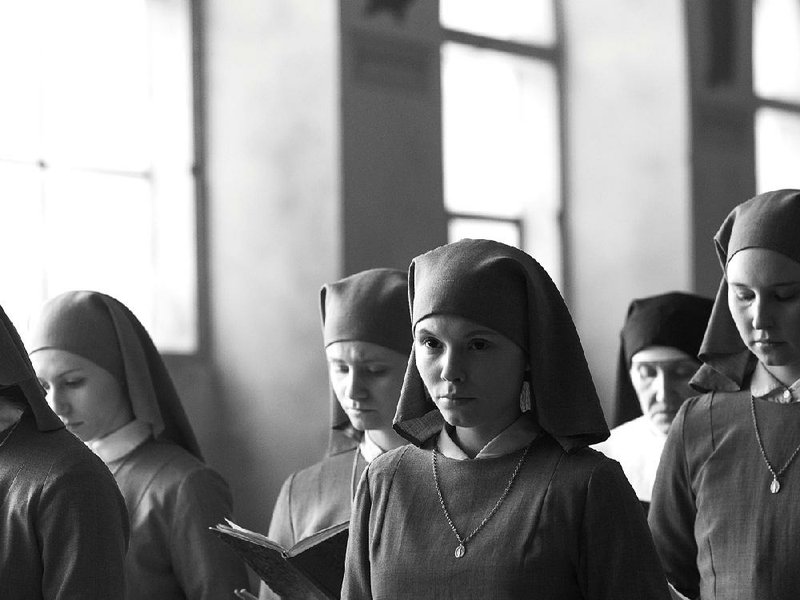In Ida, determining the motivation behind the actions of an 18-year-old novitiate nun in 1962 Poland is left largely up to the viewer.
Imagination is necessary to fill the gaps in this unadorned drama from director and co-writer Pawel Pawlikowski. Young Anna (Agata Trzebuchowska) is not going to help. Perhaps growing up as an orphan in an austere convent taught her to keep her own counsel. Mostly silent, the only push-back she attempts is when the convent's mother superior instructs her to visit her only relative, an aunt whom Anna never knew, before taking her vows.
Ida
Grade: 89
Cast: Agata Trzebuchowska, Agata Kulesza, Jerzy Trela, Dawid Ogrodnik
Director: Pawel Pawlikowski
Rating: PG-13 for thematic elements, sexuality, smoking
Running time: 80 minutes
In Polish, with English subtitles
Anna's downcast eyes flicker briefly as she looks up and asks, "Do I have to go?"
The mother superior's affirmative answer leads Anna to pack a bag, get on a bus bound for Warsaw, and knock on the door of her aunt Wanda Grosz (Agata Kulesza), a notoriously harsh Communist Party judge who was known as Red Wanda. Dispensing with pleasantries, Wanda, a world-weary cynic whose better days appear to be over, wastes no time in revealing that Anna's name is actually Ida Lebenstein, and her Jewish parents were killed during the Nazi occupation of Poland during World War II.
Anna/Ida's reaction to this stunning news is almost imperceptible. Wanda seems unfazed as well, dismissing the girl with the intent of going about her business.
Except she doesn't. For some unknown reason, a change of heart leads Wanda to gather Anna/Ida from the bus station, and the mismatched pair settle into Wanda's ancient car to embark on a road trip to a not-too-distant country house where Wanda and her sister Roza (Ida's mother) grew up, and where secrets of the past are buried.
The often high cost of discovering the truth guides the journey, shot in emphatic black and white and employing scenes so artfully framed in chilling light that they could fill a gallery with breathtaking photographs. A deliberate pace set by Pawlikowski's authoritative direction parses out dialogue sparingly, forcing the viewer to grab at the meaning of each and every word.
Trzebuchowska shows astounding reserve and emotional maturity in a challenging role that absolutely requires it. As a young, clearly smitten hitchhiking saxophone player (Dawid Ogrodnik) tells her character, "You don't realize the effect you have."
Or does she? The enigmatic nature of Ida demands that the reasons for choices made by Ida and other characters throughout are never revealed. So the audience must participate in determining the meaning of those choices. That's a rare option in contemporary filmmaking. It may prove unsettling to some. Others will find it irresistible.
MovieStyle on 06/20/2014
